
views
Brussels: Europe embarked on a bold path to fight climate change on Friday, agreeing that a fifth of the energy used by the 27-nation bloc by 2020 will come from renewable sources like the sun and the wind, and challenging the rest of the world to follow.
The plan goes beyond the 35-nation Kyoto Protocol in setting targets for cutting emissions of greenhouse gases, but it still faces problems over how to share the burden among its coal and oil-dependent countries, and what to do about nuclear power.
''We assume leadership with this unilateral reduction,'' said French President Jacques Chirac, at what was likely his last summit before leaving office. ''This is part of the great moments of European history.''
The European Union leaders hope their commitment to tackling climate change will encourage other leading polluters, such as the United States, Russia, China and India, to agree on deep cuts in emissions of the gases that contribute to global warming.
German Chancellor Angela Merkel, who holds both the presidency of the EU and the Group of Eight industrialised nations, will present the plans to President Bush and other G-8 leaders at a summit in June.
Merkel challenged the rest of the world to follow the EU, saying there still was time to ''avoid what could well be a human calamity'' caused by an overheated planet.
The leaders agreed that the EU will produce 20 per cent of its power through renewable energy, an increase from the current figure of around 6 per cent.
They also pledged to cut greenhouse gas emissions at least 20 per cent from 1990 levels, but said the EU could go to 30 per cent if other countries join.
The plan also called for one-tenth of all cars and trucks in the EU nations to run on biofuels made from plants.
PAGE_BREAK
The agreement, which does not have an enforcement mechanism yet, means more windmills, solar panels and energy-efficient light bulbs for Europe and certainly changes in lifestyle, business and the economy.
The major business-lobbying group BusinessEurope complained to Merkel this week about the energy targets and said it was ''a step into the unknown'' because no one had ever assessed the impact on European companies.
But European Commission President Jose Manuel Barroso said the short-term costs would be outweighed by the price of doing nothing.
The nations are divided over the role of nuclear energy – a technology that creates little CO2 but a lot of radioactive waste. At French insistence, the summit agreement noted the role atomic energy could play in replacing coal- or oil-fired power plants.
If EU nations fail to carry their weight, the EU's executive arm should be able to launch legal action at the bloc's high court that could lead to the imposition of heavy fines on countries that violate the targets.
UN Secretary-General Ban Ki-moon applauded the deal.
''The EU's moves can help put the world's energy systems on more sustainable footing. They offer business strong incentives to develop the advanced technologies that the world, and above all, the developing world needs to meet its energy needs while at the same time addressing climate change,'' Ban's spokeswoman Marie Okabe said in New York.
One independent expert said the renewable energy plan contained ''a doable target'' and called the overall agreement a policy landmark, showing that major polluting countries are taking action to resolve the problem.
The greenhouse gas plan is ''an aggressive target but it's one that we would need to meet if we were going to be successful in averting further climate change,'' said John M Byrne, director of the University of Delaware's Center for Energy and Environmental Policy.
PAGE_BREAK
The plan will also encourage the US and other countries to join the EU goals. Byrne said that ''if the EU hits targets like 30 (per cent) they will become so much more competitive in a global economy that is becoming more environmentally sustainable compared to the US.''
Environmental groups sounded a glum warning. Friends of the Earth called the mention of nuclear energy in the final statement ''appalling.''
''Nuclear energy is too expensive. Nations should invest more cleverly in developing other energy sources,'' said Jan Kowalzig, a campaigner with Friends of the Earth.
The Greens in the European Parliament insisted more needed to be done. ''All credible scientific analysis shows that 30 per cent is the reduction needed to avoid disastrous climate change,'' said spokeswoman Ulrike Lunacek.
The Kyoto accord requires industrial nations to cut their global-warming gases by an average 5 per cent below 1990 levels by 2012. Major EU economies have committed to cut greenhouse gases by 8 per cent in that time, and want the United States to sign the treaty. The Bush administration has rejected Kyoto, saying it would hurt the US economy.
The EU deal was a compromise between nations that had demanded mandatory targets on clean energy, and eastern European nations led by Poland and Slovakia that say they cannot afford to develop alternatives to meet such high targets. Those nations said they prefer to stay with cheaper but more polluting options such as coal and oil.
At the ''green summit,'' many of the leaders were still ferried around in gas-guzzling fleets of big, black sedans.
British Prime Minister Tony Blair looked like an exception, pointedly strolling out of the courtyard of the EU summit center under the glare of TV cameras on Thursday night – only to be followed up the ramp by his official motorcade.
The leaders agreed to ask the EU's executive arm to work out a plan to promote energy-saving light bulbs, following the example of Australia, Chile and other countries phasing out incandescent lamps.
''We are not saying they should throw out all bulbs in their house today, but everybody should start thinking about what's in the shops,'' Merkel said.
''Most of the bulbs in my flat are energy-saving bulbs,'' she said – but acknowledged that ''they're not quite bright enough, so sometimes when I'm looking for something that's dropped on the carpet, I have a bit of a problem.''











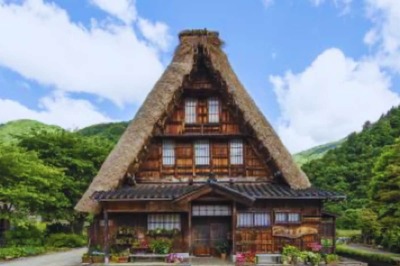


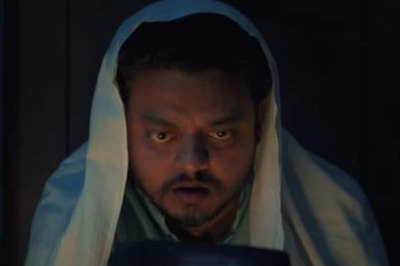

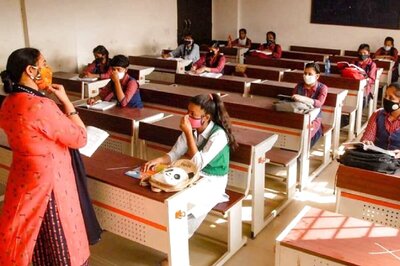
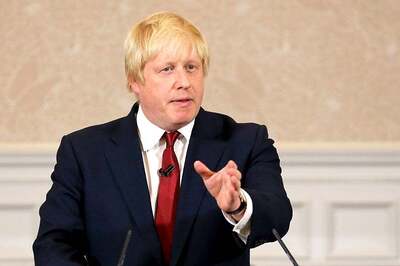
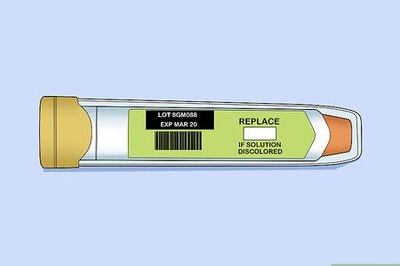
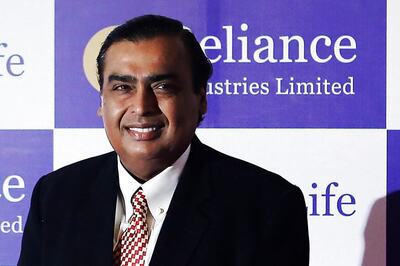
Comments
0 comment